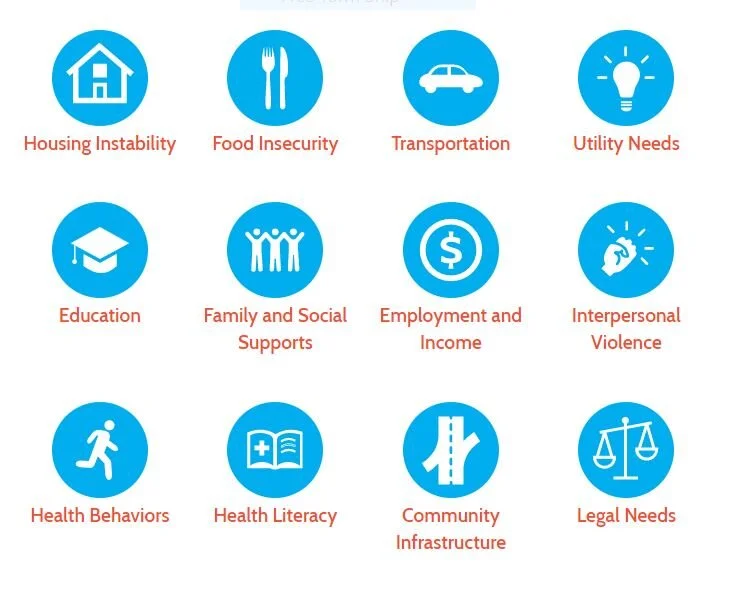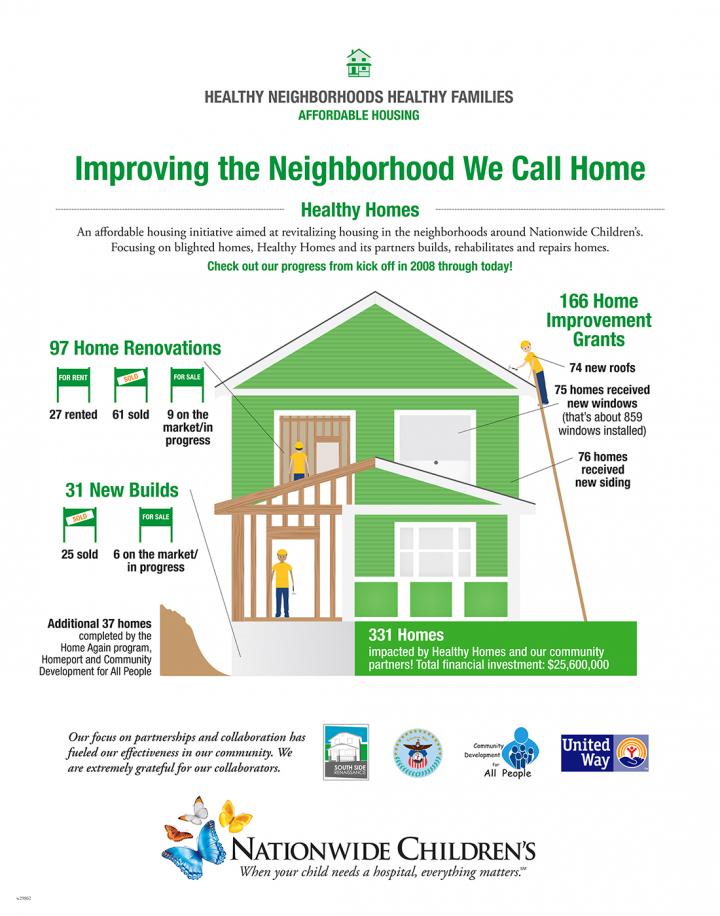“The health care community, in partnership with public health experts, scientists, policymakers, patients, and community members, should reconsider what might be the most effective and appropriate ways for a hospital to be the best partner it can be in the multisector collaborative necessary to impact community health and health inequities and figure out how to operationalize that on a tax form.”
This article from Philip Alberti, Senior Director at the Health Equity Research and Policy at the Association of American Medical College, can be found on LinkedIn.
Read More






